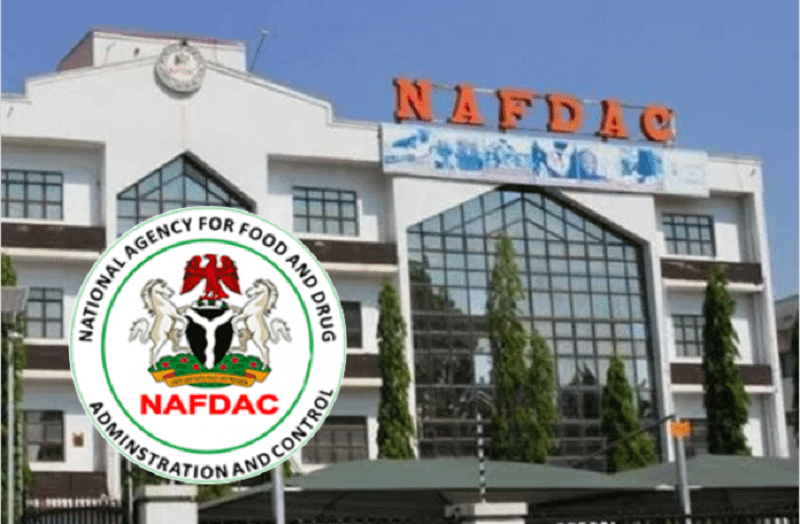- Safiu Kehinde
The National Agency for Food and Drug Administration and Control (NAFDAC) has alerted members of the public over the recall of various products by three pharmaceutical companies over manufacturing issues.
This was contained in a statement issued on the agency’s official website on Thursday.
According to the statement, leading pharmaceutical firms in India, Glenmark Pharmaceuticals, Sun Pharmaceutical Industries, and Zydus, are recalling multiple drug products in the U.S. market due to manufacturing-related problems.
Glenmark Pharmaceuticals, a Mumbai-based manufacturing company, initiated a Class II recall for over 25 drug products that had discrepancies against the current good manufacturing practices (CGMP).
The recall started on the 13th of March from its U.S. subsidiary, Glenmark Pharmaceuticals Inc. (New Jersey).
Some of the recalled products include Propafenone Hydrochloride ER capsules (for the irregular heartbeat), Solifenacin Succinate Tablets (for overactive bladder), Voriconazole Tablets (an antifungal drug), as well as neurotherapeutic medications like Lacosamide, Frovatriptan Succinate, and Rufinamide Tablets.
According to NAFDAC, products categorized under Class II poses temporary or medically reversible damage to health and a low risk for serious consequences.
On its part, Sun Pharmaceutical Industries Inc., through its US-based unit, initiated a Class III recall of Gabapentin capsules.
At least 13,700 bottles were reportedly withdrawn due to cross-contamination risks.
The medicine, according to NAFDAC, is widely used for treating epilepsy and nerve-related pain. Despite the lower recall severity, such actions highlight quality assurance lapses.
In the same vein, Zydus Pharmaceuticals (USA) Inc. recalled 3,144 bottles of Chlorpromazine Hydrochloride Tablets (USP 10 mg) — a medication commonly prescribed for psychiatric disorders like schizophrenia and bipolar disorder.
The recall was initiated due to CGMP deviations as the batch was said to contained levels of N-Nitroso-Dimethyl Chlorpromazine impurity (which is a Nitrosamine Drug Substance-Related Impurities (NDSRIS)) exceeding the interim safety limits recommended by regulatory authorities.
Consumption of the affected product is poised to carry a potential risk of carcinogenicity, which is considered a general characteristic of Nitrosamine compounds.
This is categorised as a Class II recall and began on April 3, 2025.
NAFDAC, in its risk statement, warned against usage of contaminated drugs.
While acknowledging that the recalled products are not it’s database, the agency urged importers, distributors, retailers, healthcare providers, and patients to exercise caution and vigilance throughout the supply chain.
NAFDAC maintained that all medical products must be obtained from authorized/licensed suppliers with their authenticity and physical condition carefully checked.
The statement read in part; “The administration of contaminated drugs poses significant risks to human health. The impact of such contamination can range from mild adverse reactions to severe, and life-threatening conditions.
“Although the products are not in the NAFDAC database, NAFDAC urges importers, distributors, retailers, healthcare providers, and patients to exercise caution and vigilance throughout the supply chain.
“This is essential to prevent the importation, distribution, sale, administration, or use of recalled products.
“All medical products must be obtained from authorized/licensed suppliers.
“The products’ authenticity and physical condition should be carefully checked.
“Healthcare professionals and consumers are advised to report any suspicion of substandard and falsified medicines to the nearest NAFDAC office, NAFDAC on 0800-162-3322 or via email: sf.alert@nafdac.gov.ng
“Similarly, healthcare professionals and patients are also encouraged to report adverse events or side effects related to the use of the affected product to the nearest NAFDAC office, or through the use of the E-reporting platforms available on the NAFDAC website www.nafdac.gov.ng or via the Med- safety application available for download on android and IOS stores or via e-mail on pharmacovigilance@nafdac.gov.ng”


